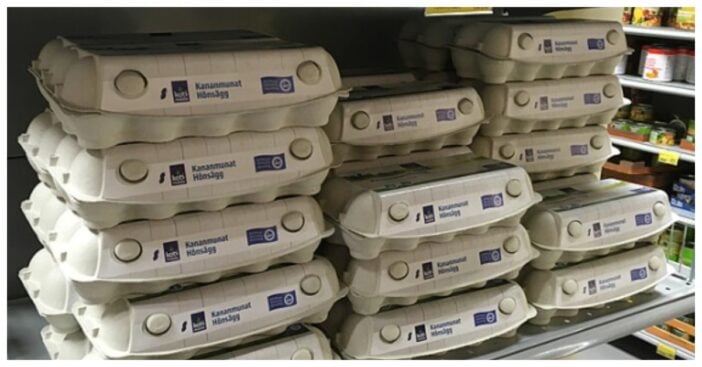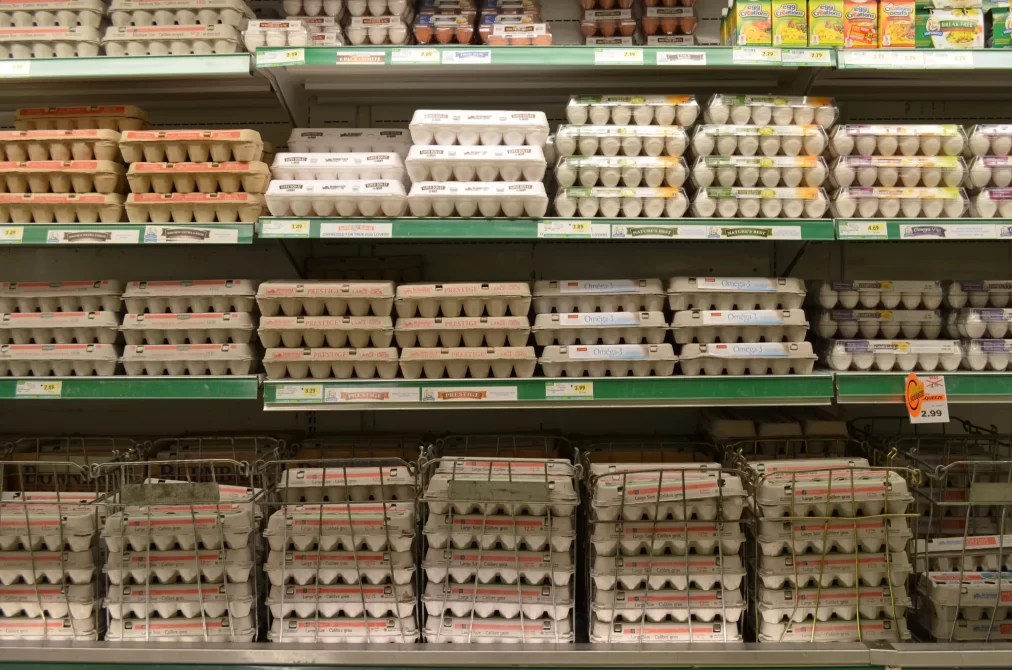
Egg prices have been on a downward trend after months of soaring costs, but consumers may not see an immediate reduction at grocery stores just yet. This is because wholesale price cuts take some time before being passed on to customers.
Therefore, consumers might not have a sudden drop in egg prices, even if there are indications that the market is up. Retailers typically cut prices gradually, based on levels of stocks, supply contracts, and previous price commitments.
Retail will be behind in cutting egg prices

Reports say the wholesale price of eggs has dropped over 50%, from a record January high of $6.55 a dozen to $3.00 at the close of business in March. This price decline comes after months of record high prices that were driven by bird flu outbreaks and shortages.
Experts like Tom Flocco, CEO of Pete & Gerry’s, said that it may take a week or two before shoppers see lower prices in stores as retailers are used to taking some time to change their prices. Grocery stores are only able to start showing the price drops after busy shopping occasions like Easter.

Why is there a delay in the price reduction?
Several reasons explain why egg prices are still higher in stores than at wholesale. The most important issue has been the consequences of avian flu, which caused millions of birds to die and led to lower egg availability. While things have improved, restocking flocks and establishing stable production takes time.

Apart from that, the decline in price does not look quite so drastic when taken into account how prices of eggs overall rose this year. While the wholesale price is below where it was previously within the year, it is, in fact, still around 42% higher than last March, so the prices are still a bit higher.
